For more information about Reconciliation Victoria, visit the organisation’s website here
TRANSCRIPT
Charles Pakana (Victorian Aboriginal News): Joining me today on The Referendum 2023 Tapes Podcast is Nicole Findlay, a campaigner who brings to the table over 20 years experience and commitment to working with First Nations people and communities to further reconciliation and self-determination. That experience encompasses working with and guiding local governments, reconciliation networks, employment services, health, education, disability, and justice organisations. Currently, she serves as the Chief Executive Officer of Reconciliation Victoria and joins me today to discuss where that organisation and its satellite groups across the state stand on the matter of the First Nations Voice to Parliament. Nicole, thanks for coming onto the program today.
Nicole Findlay (Reconciliation Victoria): Thank you for having me, Uncle Charles.
Charles: Before we get into discussing the referendum and the First Nations Voice to Parliament, Victoria is actually quite a complex state when it comes to First Nations matters of concern. It lagged behind other states when it came to Stolen Gens Reparation, yet leads the nation in treaty and, with the Yoorrook Justice Commission, truth-telling. So where does Reconciliation Victoria fit into this particular landscape?
Nicole: So Reconciliation Victoria has always been a strong supporter of self-determination for First Peoples. And we applaud the state government for improving the way that it works and engages with traditional owners and First Peoples to jointly determine and develop policies that support truth-telling and to help advance treaties in Victoria.
Look, Rec Vic has always played a really active role in promoting the activities and resources of the Yoorrook Commission and the First Peoples Assembly of Victoria. So we’ve got great relationships with both of these authorities. And we know that our 97% of non-Indigenous audience are very interested and supportive of truth-telling and treaties. So that’s some of what we do.
We also support reconciliation truth-telling in schools; and we do this by partnering with Aboriginal cultural and content experts to deliver webinars and resources to educators across the state. We also work with local governments through the lens of the Victorian Aboriginal and Local Government Strategy and through our Rec Vic Maggolee website.
We work with the 79 local governments across Victoria to share best practice and also to increase awareness about the VALG strategy, which is also very unique to the Victorian landscape. This is one of the most progressive local government strategies across the country in that it proposes and invites local governments to develop five-year self-determination local action plans with traditional owners and First Peoples in their municipality. So we very much support that.
The other thing that we obviously do, we are a part of a national and local, state-based local reconciliation network. So we join up with all the state bodies with Reconciliation Australia, Rec South Australia, and so forth. And so, we also work with 24 local Rec groups across Victoria. Now again, they’re very unique local reconciliation groups to Victoria. Only one other state has local reconciliation groups; and we work closely with them to basically share the truth-telling and treaty advancement development so that we get right into metro and regional areas where we still know lots of work needs to be done.
Charles: Now since 2019, and one of the interesting things I do particularly appreciate about Reconciliation Victoria, the organisation has relied heavily on its Cultural Council of First Peoples. Now, that includes a number of significant cultural and community leaders from across the state. What advice have you and your team received from that council on the matter of the referendum that may well be happening later in the year?
Nicole: We’ve received really good support. So the First People’s Cultural Council for Reconciliation Victoria is made up of nine very strong leaders, being senior elders as well. The elders have unanimously supported the voice referendum. They also have taken the important role of obviously questioning the detail, ensuring that we understand it. But fundamentally, we all agree that the key principles of the Uluru Statement From the Heart of sovereignty, justice and self-determination cannot be argued.
That’s exactly what our position is, and we all unanimously support that. So we have put together, in consultation together, a really strong position statement. And that is now out public for everybody to view that, to understand that. So look, Reconciliation Victoria has always been ready and willing to support this.
Charles: Have you had much request for information from local governments for further information on the referendum and on the various aspects, the Yes and the No campaigns?
Nicole:
Well, through the Maggolee website, obviously we share information about what is happening with the national campaigns and those developments which are unfolding. What we know is that out of the local governments across the country that 38, I think it is, or 39, have signed a mayors’ petition to show their support for the Uluru Statement. There is a difference to signing a letter and saying this is how you support. What we are asking of Victorian local governments is to formally show their support with actions. And we know that three local governments in Victoria, out of the 79, have ventured down that path. And we know that-
Charles: Which is a fairly small number, Nicole.
Nicole: Oh, absolutely.
Charles: Three out of 79 absolutely is fairly abysmal. So, that’s Geelong, Banyule, and the third one is-
Nicole: And Bayside.
Charles: And Bayside. Why so few?
Nicole: I think it’s about formalising the support. So one thing, it’s really easy to get online and sign a petition, which most of them are prepared to do. But when you ask them to then sit down with their councillors and their constituents and say, “Well, what are some practical actions that we can show our support?” I think it comes down to them truly understanding the propositions and the invitation that is in the detail of the Uluru Statement.
And I think there’s a little bit of, “Oh, well, what are some of those practical actions?” They’re really quite simple actions. And they can be from holding information sessions to putting an email signature out, or putting things up on your intranet for your staff and on your website. They’re things that are simple and practical like that to show their support. They’re only just dipping their toe into some of those really simple practicalities. And the ones who’ve done it have gone, “This is easy.” And, “We’ve already got wraps in place, so we’ve already been doing this stuff anyway.”
Charles: You think, though, that there might be a fear that it seems to be, or would seem to the community, be taking a political step? Where really, local governments are meant to be fairly non-political in their approach to social matters?
Nicole: I think because of the fact that the voice is calling so much for support of self-determination, and let’s face it, Gough Whitlam called for that back in the ’70s. And the local governments actually have, within the Victorian Aboriginal and local government strategy, they have an absolute ask of them to put five-year self-determination local action plans in place. The voice is doing the same thing. It is actually putting that process into action.
So the thing we do need to look back and peel back the layers is actually to say, out of the 79 local governments that ever got on board with reconciliation action plans, only 15 ever did, Uncle. So it is probably this kind of sitting back that we need to see change. And through the Voice, I truly believe that if the referendum is passed, then all of this will actually get the traction that it needs. Because in Victoria, certainly, we’ve already got the policies and policy frameworks to support it.
Charles: Yes, quite right. Now, we’re just about to run out of time, and I do want to get to some of the initiatives that you as an organisation… and you’re a small organisation running on the smell of an oily rag; and your local reconciliation groups around the state really do some amazing work with little resources. But what initiatives do you currently have planned for the org and also for the satellite groups?
Nicole: Look, I think for us, we really are going to be out active as soon as we know that the national campaigns, From the Heart campaigns, all have their week of action, which will commence from the 18th to the 24th of February. We know that we will look to all of the key stakeholder groups that we’ve always worked with, those local governments, the schools, the local Rec groups, all of the community partners that we have, and we’ll be out strongly. Basically advocating to understand that the constitutional recognition, this invitation that has been put forward, we’ll be really strongly promoting that invitation as the key opportunity and the time, the time to actually make this constitutional change, and to put that rightful recognition in our constitution.
So we will be working very, very hard. This has been a 20-year journey as far as our organisation goes, but Reconciliation supporters have been around a lot longer than that and certainly the people that work within the local Rec groups across the state here in Victoria. They all are elder voices in there as well in those local Rec groups.
So we see a really strong opportunity with National Rec Week this year, with the key theme being, “Be the voices for generations.” When we look at Reconciliation action plans across the state, we know the most Reconciliation action plans being developed across the country are in the early years areas. And we need to strengthen that. So we know that those young voices that want to deep-dive into their cultural learning journeys, we need to support those young voices, but also pay tribute and recognize all the elder, older generations and fighters that have fought long and hard for this truth, truth-telling.
So when we see the Uluru Statement has been an absolute invitation for all of us to come forward and support voice, truth, and treaty. And that’s what it represents, and that’s what we all stand for. So we know that through National Rec Week, we will then see NAIDOC week, which then again acknowledges our elders. The fight has been long for First People’s elders. And we really hope that if a referendum is set for August, we’re going to be ready for it.
The other thing Reconciliation Victoria has had out for the last two months is our Rec Vic Measuring Sticks Survey. This has been a first time in 20 years we’ve ever done a statewide survey. We’ve had close to 2,000 people complete that survey already, Uncle. And we’re really excited about the results because those results are going to tell us what community attitudes in Victoria tell us about the state of Reconciliation.
Charles: And will you be publishing those results?
Nicole: Absolutely.
Charles: We’ll provide a link to that. Now, where can people find information about working with a local Reconciliation group?
Nicole: On our website, you’ll find more details in there, but also just to contact our office. So at the moment, we have a five-member team, a very small team. But all of us have been preparing a lot of literature both on our Maggolee website and our Rec Vic website. We’re also launching our Rec Vic membership program. It’s a membership platform which will then also be able to guide you into all of that information about how to join a local Rec group.
Charles: And we’ll be providing links on the Victorian Aboriginal News website with this particular post to the Rec Vic website, so you can get more information and actually contact this dedicated team at Reconciliation Victoria. Nicole, I know we’ll be talking on the podcast again over the coming months because of your relationship with the education system and also of course with local governments. There’s lots more to talk about, and we do want to cover a lot of bases over the coming months. In the meantime, I want to thank you so much indeed for your time and coming onto the podcast; and we’ll chat soon.
Nicole: Thank you. It’s been a pleasure. Thanks, Uncle.


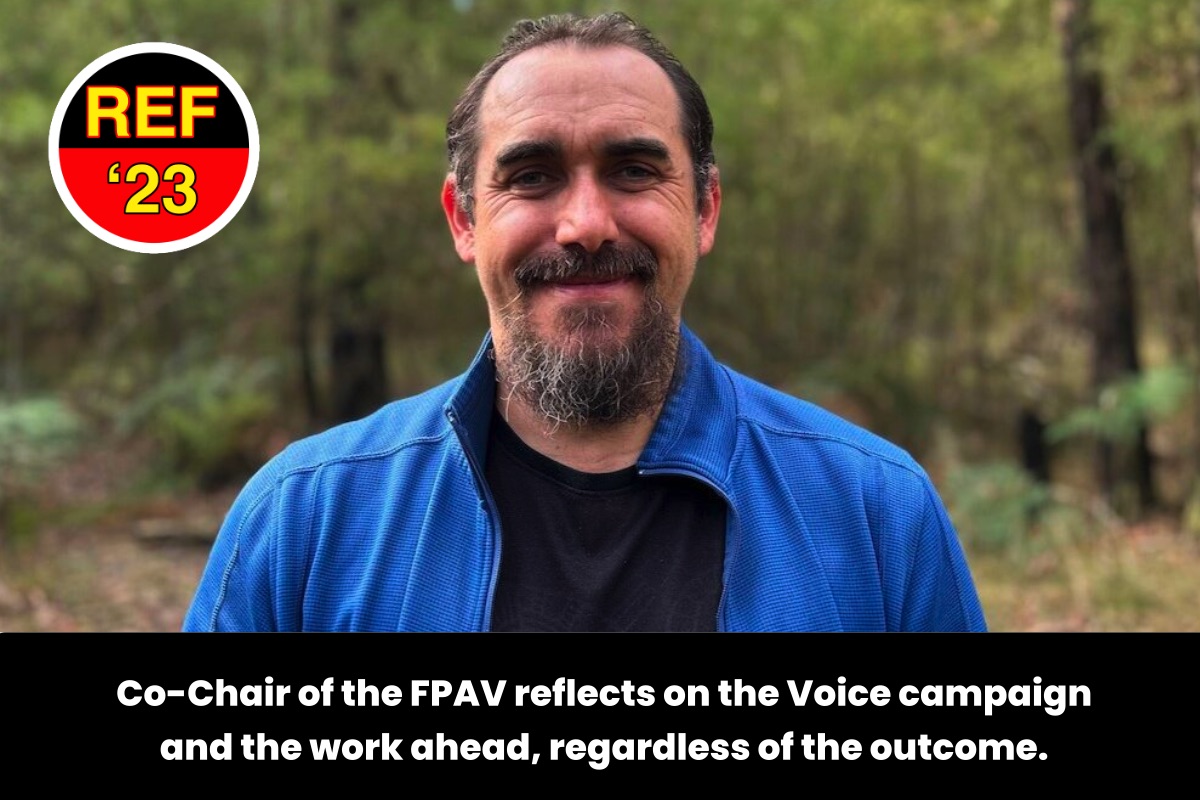
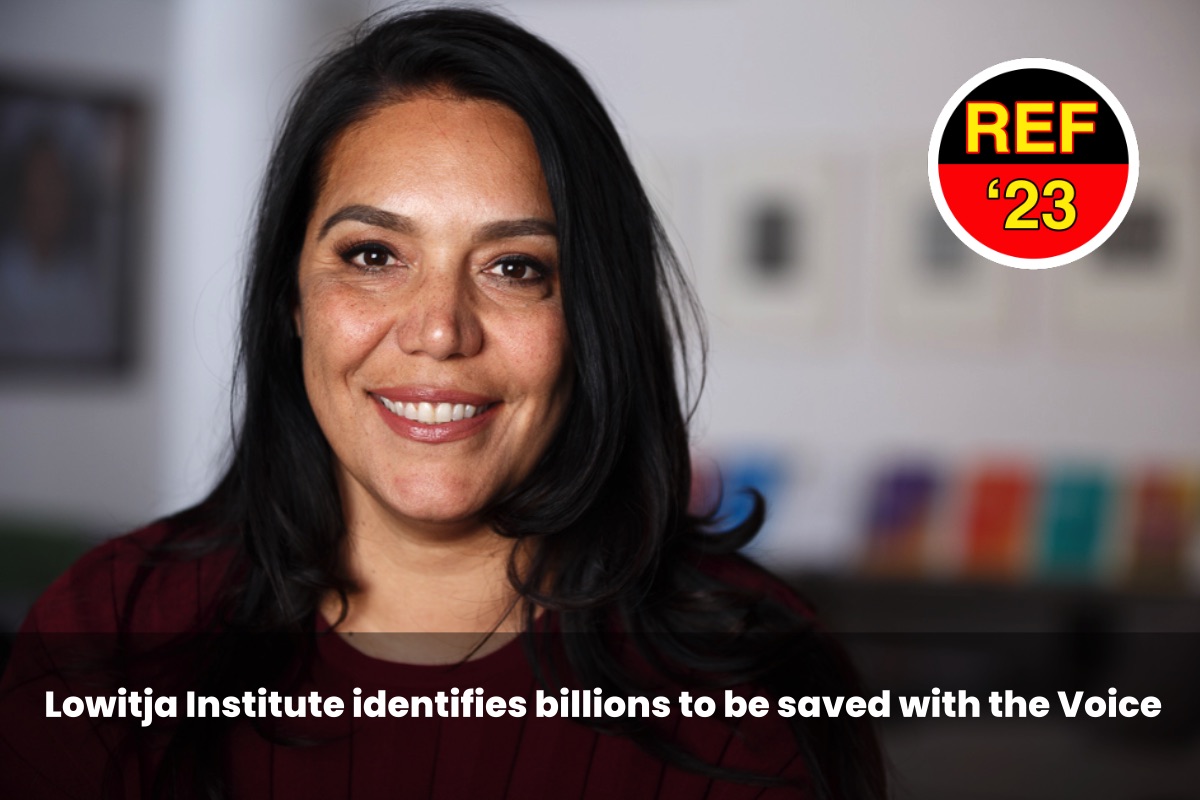
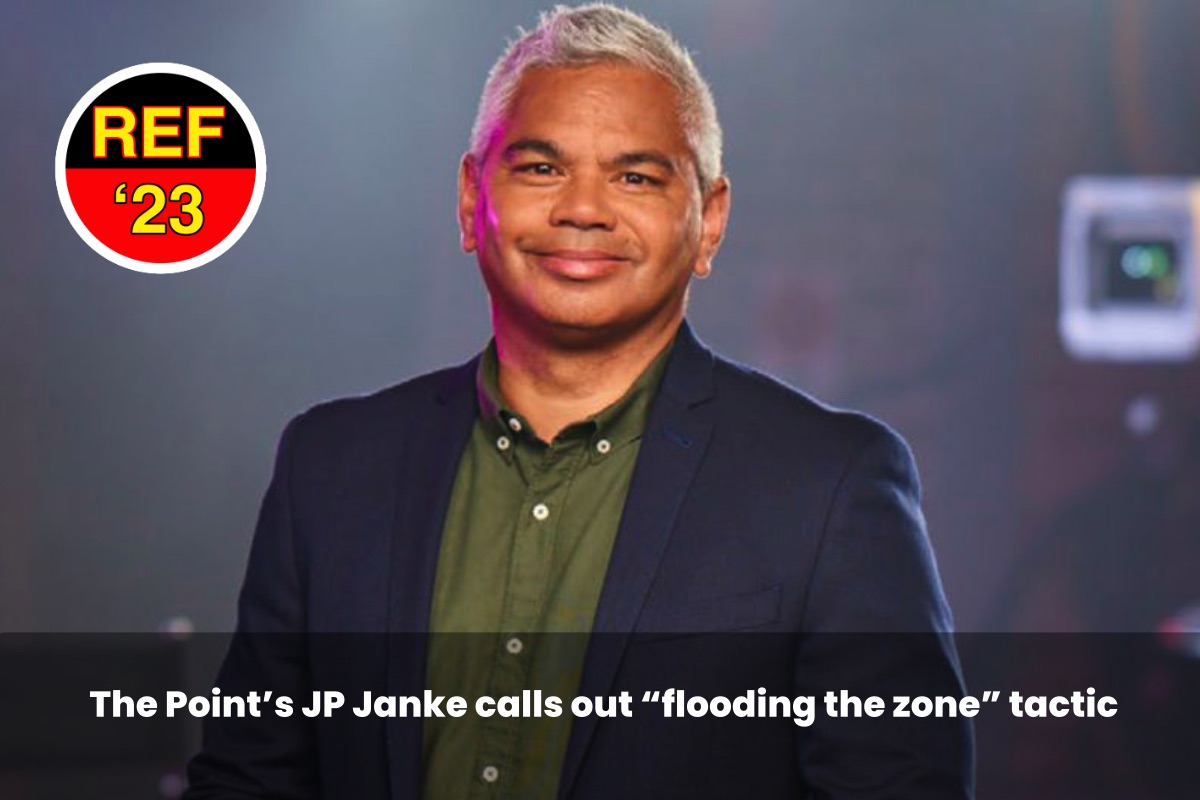
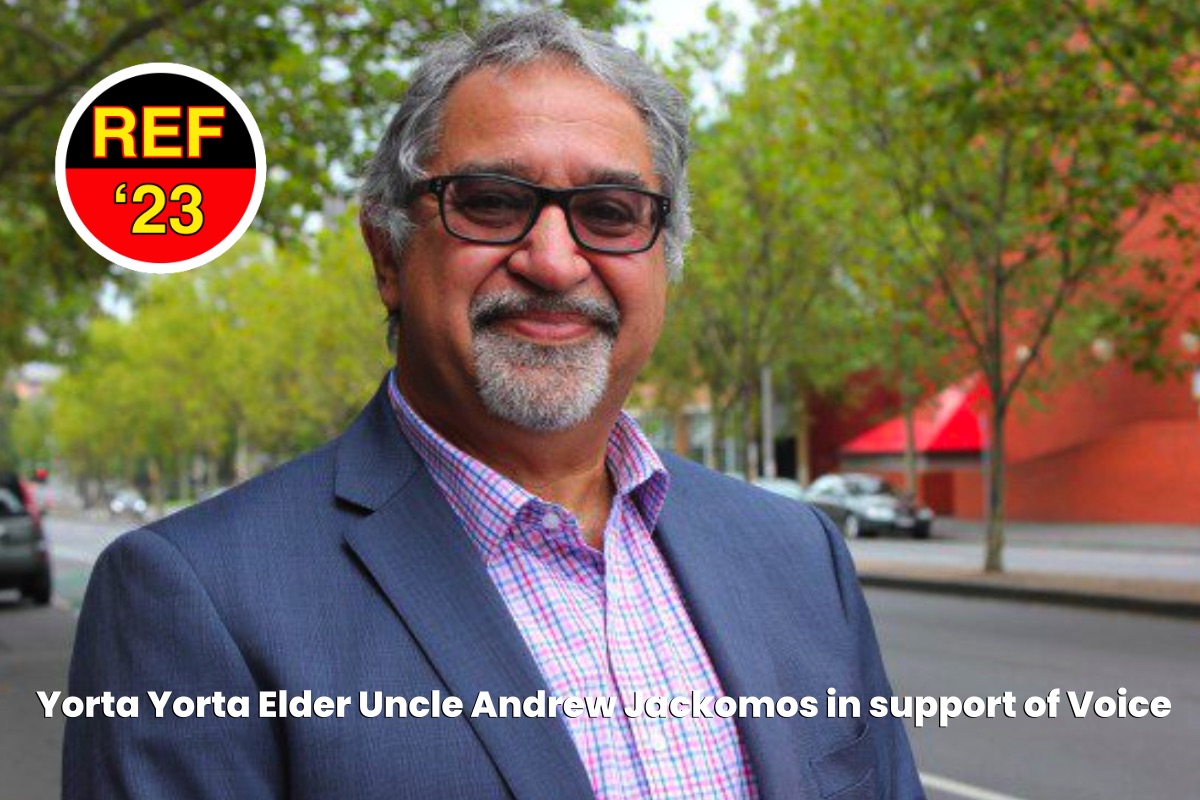
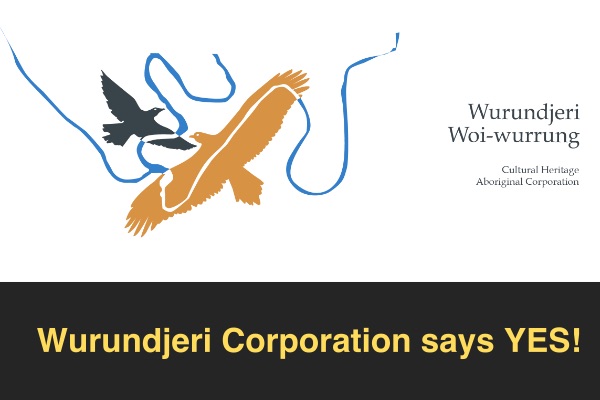

0 Comments